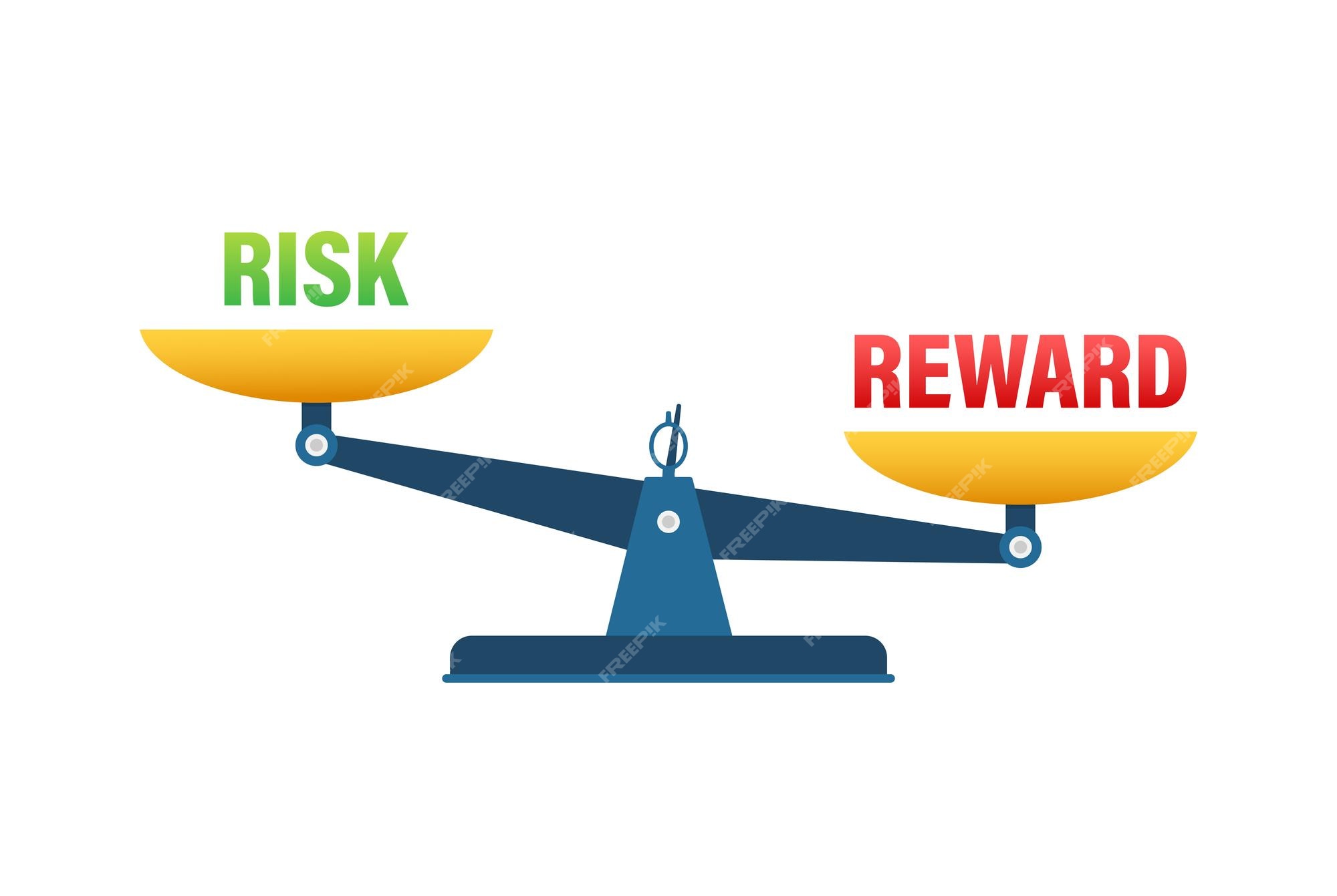In the dynamic world of entrepreneurship, the ability to balance risk and reward is not just a skill—it’s an art. Every successful business owner knows that growth requires stepping into the unknown, but recklessness can be as dangerous as stagnation. Let’s explore how entrepreneurs can master this delicate equilibrium to drive innovation while safeguarding sustainability.
The Psychology of Risk in Entrepreneurship
Taking risks is inherent to building a business. Entrepreneurs often grapple with the fear of failure while also chasing the allure of success. Understanding your own risk tolerance—how much uncertainty you can handle emotionally and financially—is the first step toward making sound decisions.
Risk-taking is often seen as synonymous with bold moves, but it’s important to distinguish between calculated risks and gambles. Calculated risks are rooted in data, foresight, and planning, while gambles rely more on chance.
Real-World Examples of Calculated Risks
Consider Elon Musk’s bold decision to invest his fortune into Tesla and SpaceX simultaneously. Many labeled it reckless, but Musk’s deep understanding of both industries and his unwavering commitment to innovation mitigated those risks. Today, his ventures have redefined space exploration and electric vehicles.
On the other hand, the collapse of companies like Theranos serves as a cautionary tale of ignoring red flags and overestimating the potential reward.
Strategies for Evaluating Risk
- Conduct Thorough Market Research
Understanding your audience and industry trends helps predict how a new product or service might perform. - Financial Forecasting
Assess potential risks in monetary terms. Determine how much you can afford to lose and whether the potential reward justifies the investment. - Scenario Planning
Envision best-case, worst-case, and most-likely scenarios. This not only helps prepare for surprises but also allows you to weigh the full spectrum of outcomes. - Stakeholder Consultation
Engage mentors, employees, or investors to get diverse perspectives on a risk.
Tools for Risk Mitigation
- Diversification: Avoid putting all your resources into one project or market.
- Insurance: Protect assets and investments through appropriate policies.
- Technology and Analytics: Use data-driven tools to make informed decisions and track potential pitfalls.
- Agile Strategies: Create adaptable plans that can pivot based on changing circumstances.
The Rewards of a Balanced Approach
Striking the right balance between risk and reward cultivates innovation without destabilizing a business. Entrepreneurs who take measured risks often gain the competitive edge required to stay ahead in today’s fast-paced market. Beyond financial returns, calculated risks also foster personal growth, industry credibility, and resilience.
Final Thoughts
Entrepreneurship isn’t about avoiding risks; it’s about embracing them wisely. By combining thorough preparation, informed decision-making, and the courage to step into uncertainty, business owners can turn potential pitfalls into stepping stones for long-term success.
Every successful entrepreneur’s journey tells a story of risk and reward. What will yours be?

